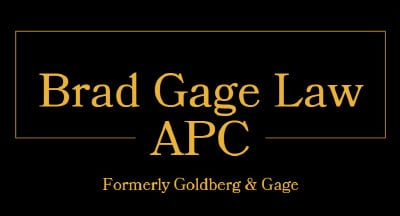Crime can happen anywhere and at any time, but there are definitely factors that increase your risk. Criminals tend to target places where they know they won’t get caught and where there will be a lot of people. Businesses and landlords who manage residential properties should do their best to minimize criminal activity on their premises.
Hotels, for example, will need lighting in their parking lot so that people can move their luggage out of their vehicles without risking a mugging. Establishments that serve alcohol may need staff on hand to intervene if it seems like one patron intentionally drugged another. Not taking steps to prevent crime could lead to premises liability for a business or property manager if a crime does occur.
Would a reasonable person recognize an elevated risk for crime?
After a criminal act, the victim will likely need to make a report to the police. They may also report the incident to the property owner or the manager on duty at a business. Obviously, the criminal is the one with primary liability for the losses and injuries suffered by the victim. However, other parties may have contributed to the crime through their negligence.
Motion-activated lights in a parking lot or security cameras could be enough to deter someone from a criminal act. When property owners and landlords choose not to hire security professionals, install cameras or invest in security lighting, they ignore the risk that visitors have on their premises.
If a reasonable person would agree that there was an elevated risk for crime because of the business’s inadequate security, the victim of a criminal act may have a premises liability claim. Evaluating the situation that led to the criminal act can help you decide if you have an actionable personal injury claim.
